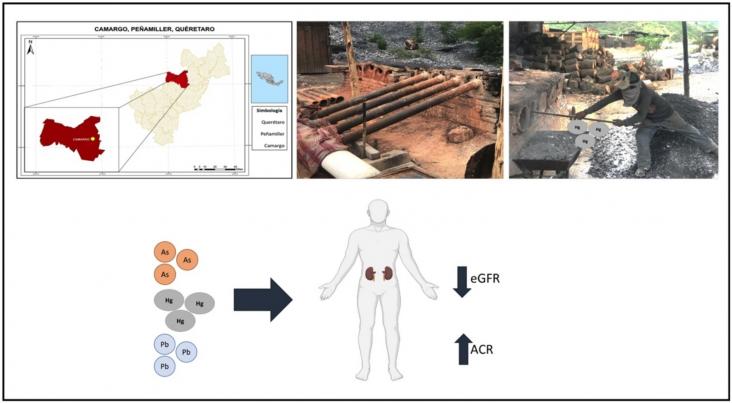In this review paper, we highlight the health implications associated with climate change in Afghanistan and discuss preventive measures to tackle the climate-associated adverse health conditions in the future.
This article ties to SDG 3. This study compares the long-term associations of sexual and non-sexual physical violence with psychological distress. In addition, it explores associations of sexual and physical violence with perceptions of self and others.
This Article supports SDGs 3, 5, and 10 by evaluating the safety and efficacy of injectable cabotegravir versus daily oral tenofovir diphosphate plus emtricitabine for HIV prevention in HIV-uninfected women across sub-Saharan Africa.
An Article in support of SDG 3, evaluating conditions under which risk-informed pre-exposure prophylaxis use would be cost-effective in sub-Saharan Africa.
This Review supports SDG 3, systematically reviewing the availability of HIV-1 viral sequences from antiretroviral therapy naive and experienced people, because these sequences are important in understanding HIV-1 drug resistance.
The article emphasizes the critical need to address the water-food-carbon nexus for sustainable agriculture amidst water scarcity and climate change. Agricultural practices consume large water volumes and generate significant greenhouse gases (GHGs), with consumer food choices indirectly influencing these impacts. Regional dietary patterns further complicate sustainability efforts. The review highlights the importance of reducing water use and GHG emissions in agriculture, promoting plant-based diets for environmental and health benefits, and incorporating comprehensive footprint assessments and socio-hydrology in future research.
Increasing recognition within the medical literature and by the Accreditation Council for Graduate Medical Education has been attributed to the need for enhanced resident education on concepts related
An Article on the implementation of a culturally responsive midwifery care model for First Nations women at three major metropolitan health services in Australia, in support of SDG 3 and 10.
A Comment on planetary health and Indigenous land rights, in the context of SDGs 3, 15, and 17, focusing specifically on safeguarding biological and cultural diversity to halt ecosystem destruction, disease emergence, and climate change.

The objective of the study is to make visible the exposure to environmental contaminants and the health of workers in mercury mines in Mexico.
